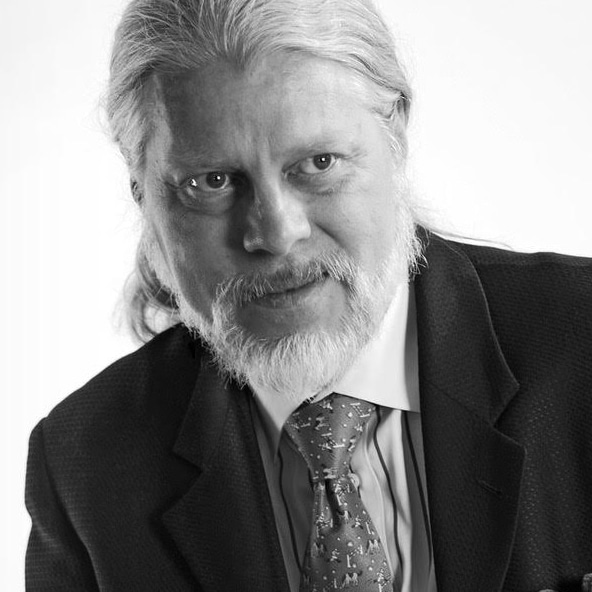Skilled Representationalism, the Contemporary Art Canon, and the Dynamics of Institutional Power
Since the advent of the Postwar period, skilled representational artwork has been largely marginalized from the academic aesthetic dialogue and is rarely exhibited in first tier museums or institutions dedicated to the exhibition of Contemporary fine art. The reasons for this are complex, and cultural relevance of any aesthetic preoccupation ebbs and flows according to sociological factors and academic fashion.
As a marginalized group, skilled representationalists have understandably reacted to their relative ostracization from high culture with the same overt frustration, emotional vitriol, and reactionary intellectual response as one would expect from any social cohort who have experienced being otherized and its corresponding political disempowerment within the halls of the Academy. Over the last few decades, as representational rendering skills were largely deprioritized in the typical university art department curriculum, those skills virtually disappeared.
It is my contention that a cultural window of opportunity is opening and the problematic aesthetics that have dominated the last few decades are vulnerable to having their hegemony challenged. But if skilled representational artists are to take advantage of this emerging opportunity to re-enter the Academy and the museum, then they must pursue effective intellectual and political strategies that will regain them a seat at the table where cultural and institutional power is allocated.
It is my intention to propose intellectual modes of inquiry and political strategies that will more effectively enable those representationalists who seek to be included in the critical dialogue and who wish to achieve canonical recognition to attain a more profound and enduring cultural relevance in institutions, the marketplace, and in the society at large.
About Joseph
Joseph Bravo is an independent curator and arts writer. With a masters degree in art history and over twenty five years working in museums and as a university art history instructor, Bravo brings unique insights to the interpretation and contextualization of fine art. After initially working in the Classical and Egyptian antiquities department, he went on to curate Oceanic art and specialize in matters related to Art and Otherness theory. For the last decade and a half, Bravo has focused his attention on issues in contemporary art, particularly those relating to the dynamics of the creation of art canon and the inclusion of marginalized aesthetic optics. In the course of these efforts, he has been an ardent advocate for various forms of contemporary figurative realism. Bravo has been a lifelong student of the metaphysics of art as well as of its semiotics and esoteric iconography. Whether as a museum curator or director, a university instructor or independent scholar and theorist, Bravo has made it his life’s pursuit to share the intrinsic value and illuminating power of fine art with anyone who would aspire to perceive it.


